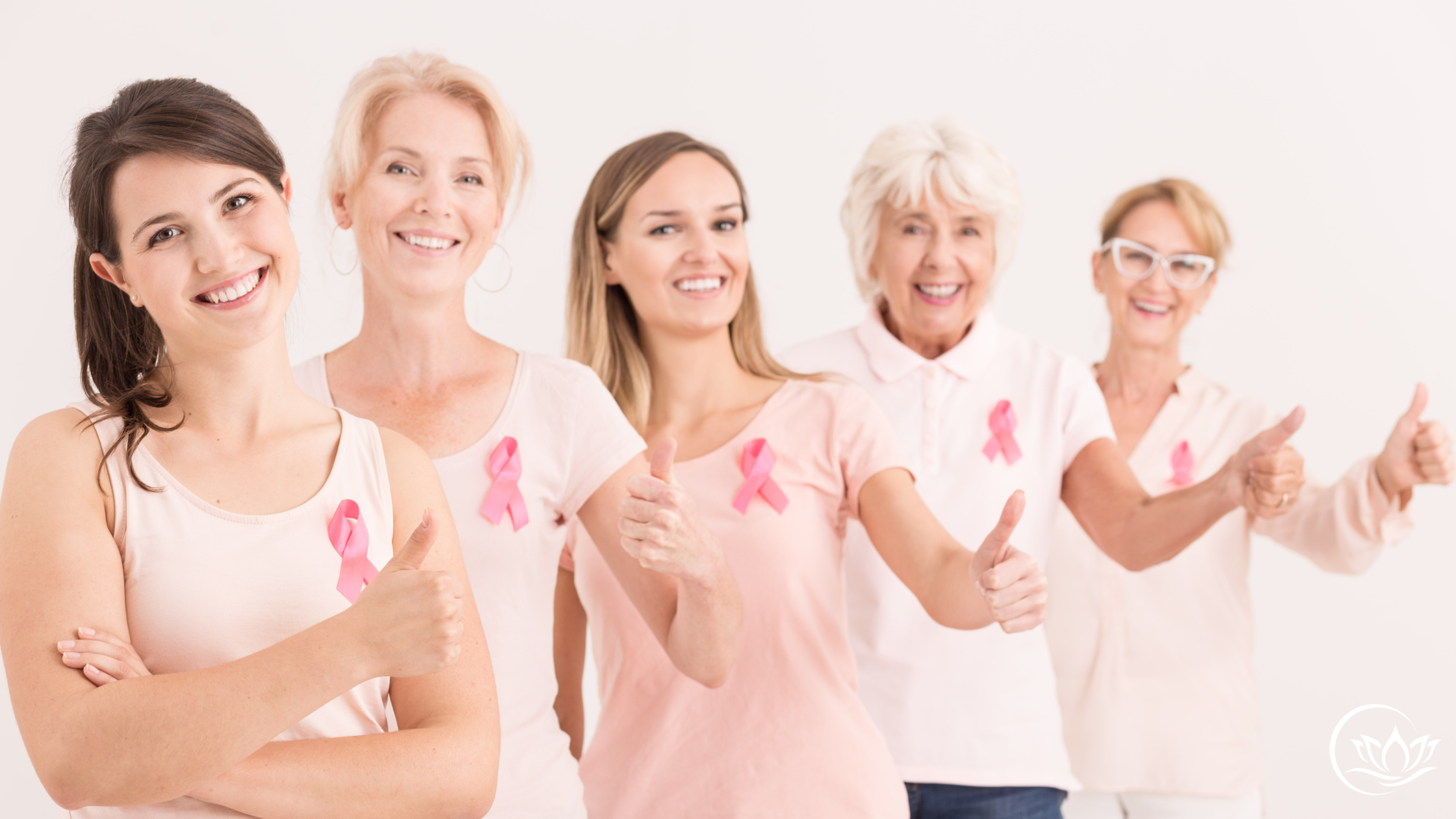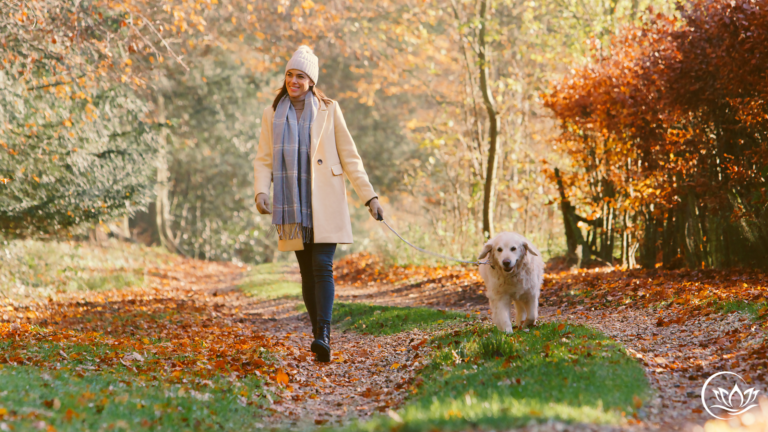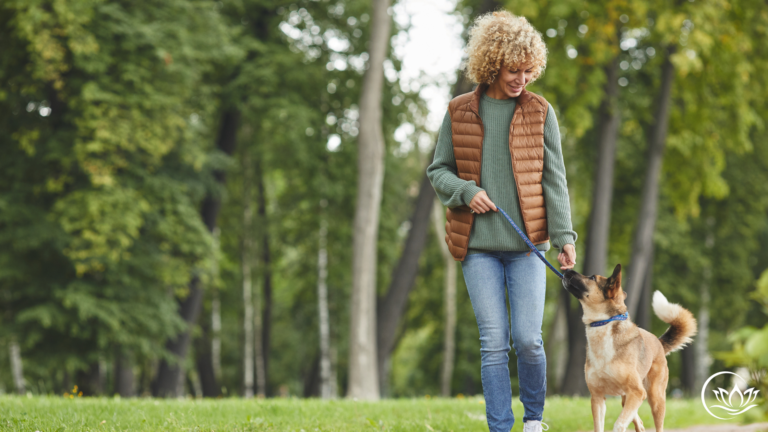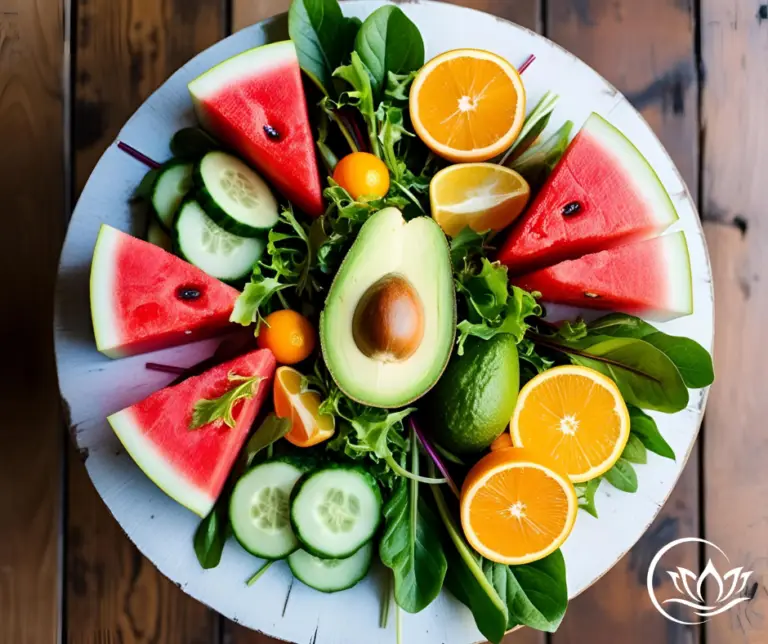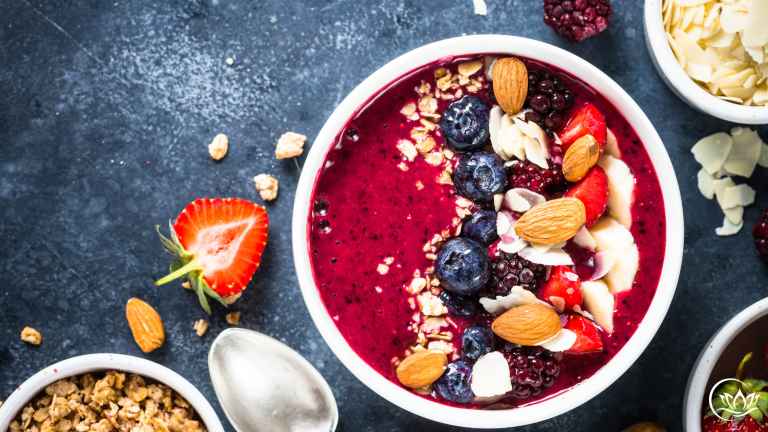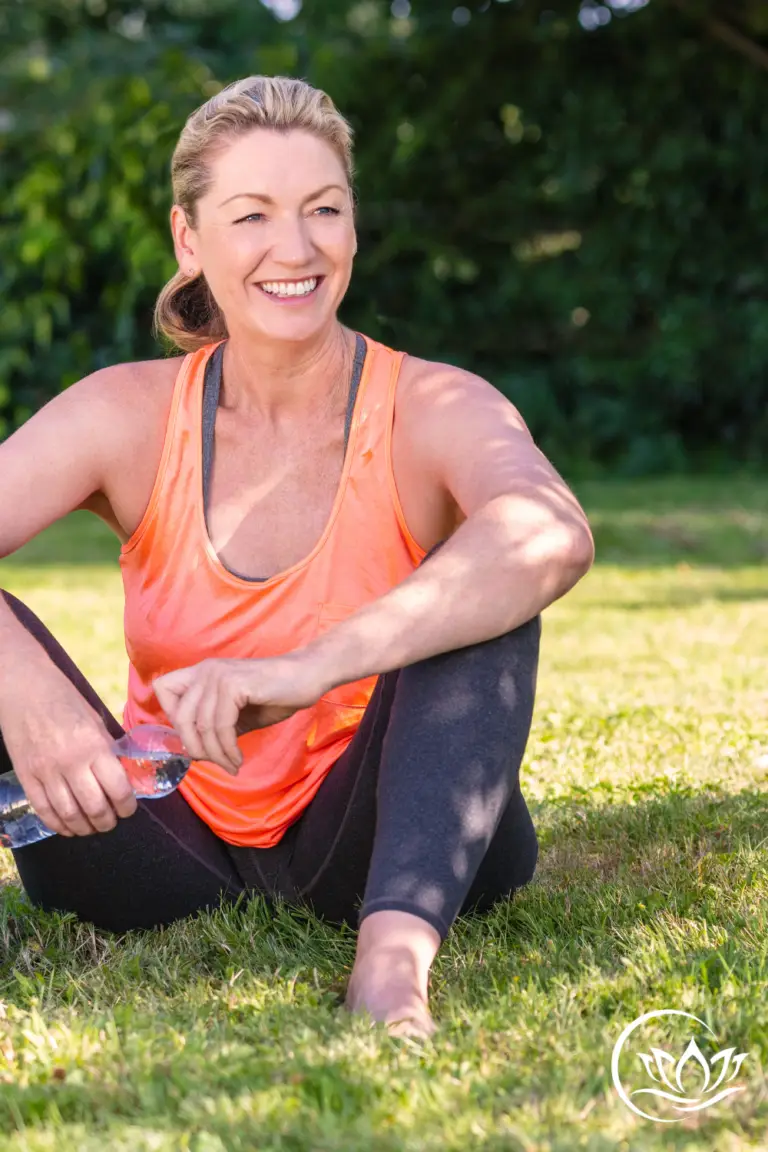How to Lower Breast Cancer Risk Naturally: 6 Science-Backed Habits That Work
You Have More Control Than You Think
When I first started studying women’s health, I assumed breast cancer was mostly genetic. But the truth is more nuanced — and more empowering.
According to the American Cancer Society and World Cancer Research Fund, only about 5–10% of breast cancers are inherited, while roughly one-quarter to one-third are linked to modifiable lifestyle factors like diet, alcohol, body weight, and physical activity.
That means your everyday choices can play a meaningful role in lowering risk — not eliminating it, but significantly reducing it.
Here’s what the latest research says about six powerful habits every woman can build.
🥦 1. Eat More Plants
Plant-based diets rich in fruits, vegetables, beans, and whole grains are linked to lower cancer rates. The Adventist Health Study found that women who eat mostly plant foods have a reduced risk of breast cancer and other chronic diseases.
Focus on:
- Cruciferous veggies (broccoli, kale, cabbage)
- Soy foods (edamame, tofu, tempeh)
- Flaxseeds
- Berries and green tea
These foods support hormone balance, antioxidant defense, and cellular repair.
Aim for color and variety — your plate is your daily prescription.
🏃♀️ 2. Move Regularly
Exercise lowers inflammation, stabilizes insulin, and helps maintain a healthy body composition — all linked to lower breast cancer risk.
According to the American Cancer Society, 150 minutes of moderate movement per week (or 75 minutes vigorous) is ideal, plus 2–3 strength sessions.
Even short bouts count — a 15-minute walk or gentle yoga session is still powerful.
😴 3. Sleep Like It Matters
Your body does its deepest repair work during sleep. The Women’s Health Initiative found that women with chronic sleep deprivation faced higher all-cause mortality rates.
Poor sleep disrupts melatonin — a natural hormone that helps regulate estrogen and cell growth.
Make sleep hygiene part of your self-care:
- Consistent bedtime
- Dim lights and screens off an hour before bed
- Morning sunlight exposure
💆♀️ 4. Manage Chronic Stress
Stress isn’t just emotional — it’s biochemical. Chronic stress raises cortisol and inflammatory markers that can weaken your immune defenses. Studies in Psychoneuroendocrinology show that long-term stress can disrupt immune surveillance, your body’s natural cancer defense.
Daily stress resets matter: breathing exercises, journaling, stretching, or simple stillness can help calm your system.
🤝 5. Prioritize Social Support
Strong relationships literally improve survival rates. The Life After Cancer Epidemiology Study found that women with strong social ties had significantly better outcomes — and lower breast cancer mortality — than those who were isolated.
Connection buffers stress, lowers inflammation, and increases healthy behaviors. It’s not indulgent — it’s essential.
🍷 6. Rethink Alcohol
Alcohol increases estrogen levels and creates carcinogenic byproducts in the body.
The World Cancer Research Fund and American Institute for Cancer Research both conclude there’s no safe level for breast cancer prevention, though risk rises with heavier drinking.
If you drink, try limiting intake to special occasions, alternating with sparkling water, or exploring zero-proof options.
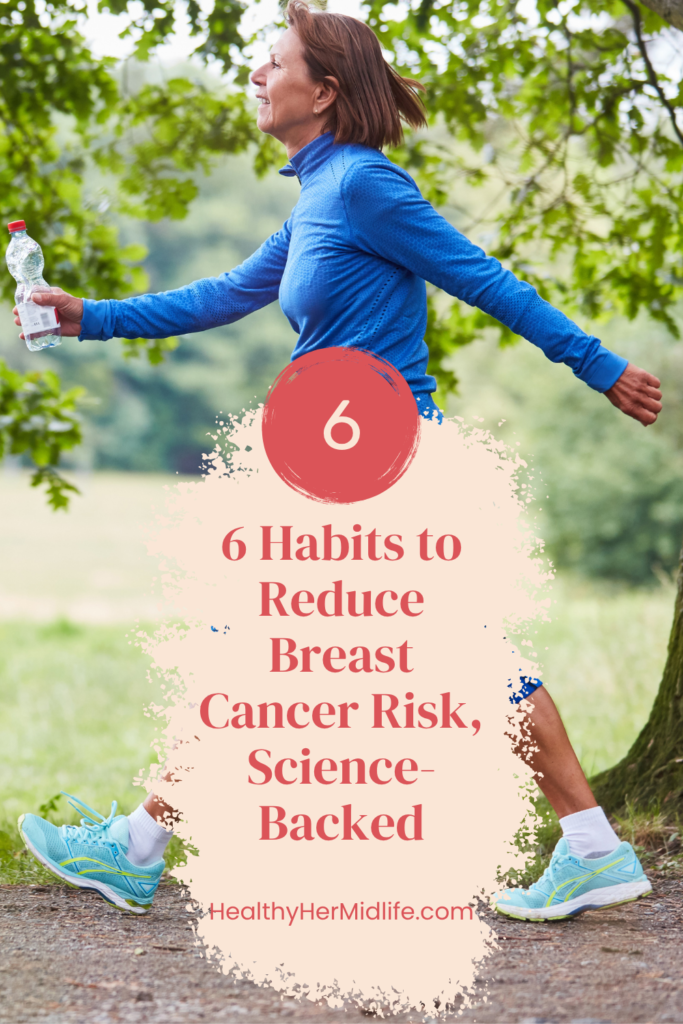
✨ A Smarter, Kinder Approach to Prevention
You don’t need to be perfect — you just need to be consistent. Research shows that even small, sustained improvements in diet, activity, sleep, and stress can meaningfully lower risk.
So start where you are.
- Add more plants to your plate.
- Move in ways that feel joyful.
- Rest deeply.
- Connect often.
And honor your body with choices that make you feel alive, not restricted.
That’s what real prevention looks like. 💕
📚 References & Studies
- World Cancer Research Fund: Breast Cancer Statistics & Prevention Recommendations
- American Cancer Society: Breast Cancer Risk Factors You Can Change
- Adventist Health Study: Vegetarian Diets and Breast Cancer Risk
- Women’s Health Initiative: Sleep and Mortality Findings
- Life After Cancer Epidemiology Study
Still Hot Flashing, Exhausted, Gaining Weight or Frustrated With Midlife Changes?
In my 90-Day Midlife Reset, I help midlife women reduce bloating, sleep better, and feel like themselves again—without food rules, overwhelm, or shame.

